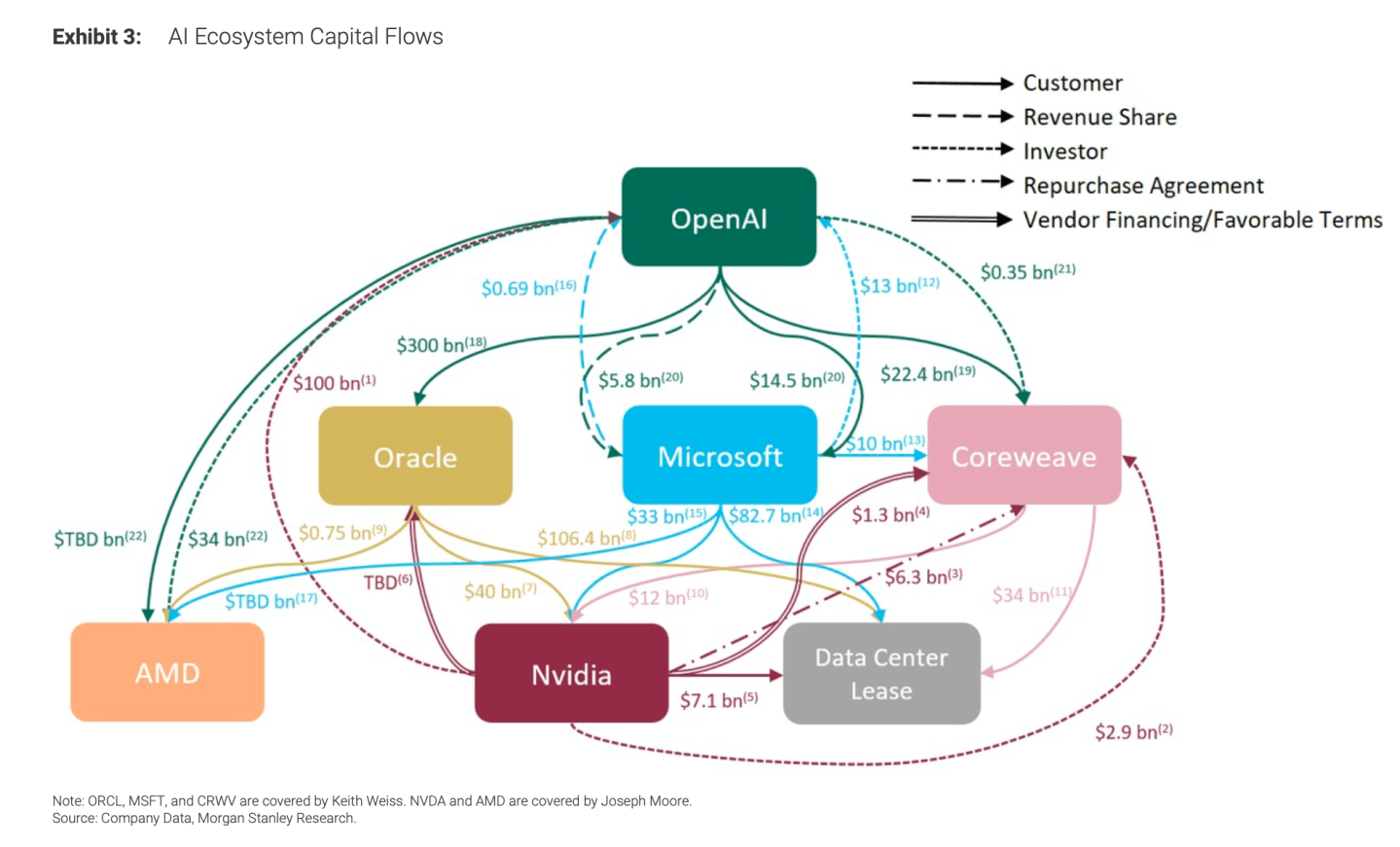In the world of finance and investment, every move made by institutional investors raises eyebrows. Recently, PNC Financial Services Group Inc. caused a stir when it announced that it had trimmed its Lyft, Inc. stake in Q4 2020 by 23.5%. According to the Securities and Exchange Commission (SEC), the formerly owned 57,975 shares were reduced to 44,348 shares worth $489,000.
Lyft is an online social rideshare community that connects riders with drivers in a cost-effective and environmentally friendly manner. The company’s approach to transportation planning includes shared bikes and scooters for short trips and linking riders to information about public transport routes.
NASDAQ listed LYFT opened trading at $9.58 on Friday – not such good news compared to twelve months prior as they hit an all-time high of $21.52 per share with a market capitalization value of $3.62 billion. The stock’s volatility is further emphasized by its fluctuation between a low of $7.85 and a high of $21.52 within twelve months.
The company maintains an existing PE ratio of -2.18 alongside beta ratios of 1.74 in recent reports released concerning their financials this calculation result reflects higher volatility than the current level measured for Nasdaq Composites.
PNC Financial has overreached its portfolio allocation for Lyft; hence many are questioning this latest decision despite whether there was any internal knowledge or external market trends raising concern around investments risks & opportunities.’ It will be interesting to see what moves are taken next from either side!
Institutional Investors and Analysts Assess Lyft’s Performance Amidst Industry Competition and Pandemic Challenges
Lyft Inc. has been in the news lately, with a range of institutional investors buying and selling shares of the ride-sharing company. Ellevest Inc., for example, boosted its holdings in Lyft by 32.1% in Q4, while EMC Capital Management acquired a new position in Lyft in Q3 and TD Capital Management LLC purchased a new position worth $38,000 during the same quarter. U.S. Capital Wealth Advisors LLC and International Assets Investment Management also acquired stakes in Lyft. Hedge funds and other institutional investors hold 79.44% of the company’s stock.
Research analysts have also had their say on the company lately, with some downgrading its rating from “buy” to “hold.” While Argus downgraded Lyft on February 14th, Credit Suisse Group gave it an “outperform” rating but lowered its target price from $34 to $27 per share earlier this year. Meanwhile, Bank of America reduced its price target on shares of Lyft from $10 to $8.5 in May.
Director Logan Green has also made headlines when he sold 21,013 shares of the stock at an average price of $8.06 per share on May 22nd – an interesting move given that just three percent of all vested stocks are owned by insiders.
Overall, data suggests that the stock presently has an average rating of “hold,” along with an average target price of $16.15 according to Bloomberg.com; It remains to be seen what direction Lyft will take going forward as the ride-sharing industry continues to evolve amidst growing competition from several other players including Uber Technologies Inc., Via Transportation Inc., among others that continue to grab market share globally especially now post COVID-19 lockdowns ease across different US states even as demand for ride-share services slowly picks up after months’ long lull due to pandemic restrictions implemented across US cities since March 2020 which affected all categories of players in the transport services industry.
Source: beststocks.com







